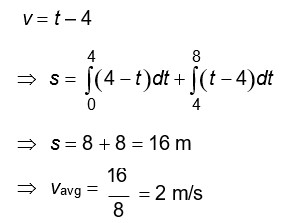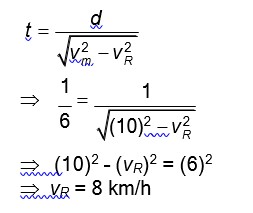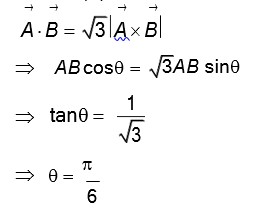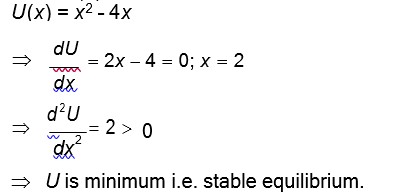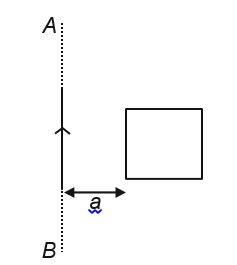Physics
Get insights from 5.6k questions on Physics, answered by students, alumni, and experts. You may also ask and answer any question you like about Physics
Follow Ask QuestionQuestions
Discussions
Active Users
Followers
New answer posted
3 months agoContributor-Level 10
Numerous scientists contributed to the discovery of this concept, but the key was introduced by Albert Einstein in 1905. This concept was used to support the experiment of the photoelectric effect to prove that light could be as a wave too. Then this name photon was given 21 years later, in 1926 by Gilbert N. Lewis.
New answer posted
3 months agoContributor-Level 10
Yes, they travel in a vacuum at the speed of light and can never be in still position. This is because they do not have any mass to do so and will not exist only if not in motion.
New answer posted
3 months agoContributor-Level 10
From Lenz law, current in the square loop will be in anticlockwise sense
Taking an Exam? Selecting a College?
Get authentic answers from experts, students and alumni that you won't find anywhere else
Sign Up on ShikshaOn Shiksha, get access to
- 66k Colleges
- 1.2k Exams
- 681k Reviews
- 1800k Answers

